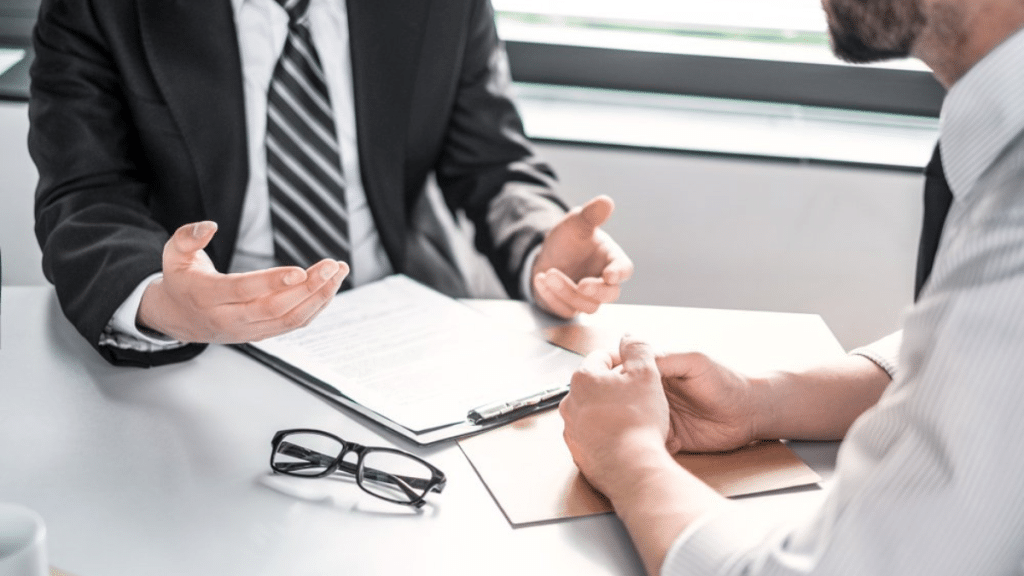As a layperson, the world of legalese can be intimidating, rife with legal jargon, rules, and procedures that the general populace may not understand. Most attorneys provide complimentary consultations to better allow new clients to navigate their situation. But before you do any such meet-up, make sure you know what to ask. The following guide offers important points to help you have a successful consultation.
Understanding the Scope
First, you have to understand what a free consultation with a personal injury lawyer is. The clients should always ask about the duration of the session. This is where knowing that the consultation is either 30 minutes or an hour helps set my expectations. Also, knowing what will be talked about can help steer the conversation. Does the meeting center around the legal issue, or will it include potential solutions and strategies as part of a broader discussion?
Clarifying Costs and Fees
Note that a free consultation does not mean free services. So, it’s Powerful to talk sense concerning all of the associated expenditures and payment procedures. Find out how the attorney charges for their services. Are they hourly or a flat fee? Are there extra charges for any administrative or court work? You should know all this beforehand to avoid any unforeseen expenses afterwards.
Evaluating Experience and Expertise
A lawyer’s background is very important when working on a case. Clients must consider whether this attorney has handled cases similar to theirs and in what volume. How long have they practiced, in the likelihood of practice? Have they dealt with cases that are similar? Knowing their expertise assists in evaluating whether they are knowledgeable enough for the legal problem.
Assessing Communication and Availability
The necessity of good communication in any form of the legal process. The client must inquire as to what the modes of communication will be. Are the lawyer available to you by email, cellphone, or personal appointments? You should know how regularly updates will be available stages too. Will there be routine check-ins, or will it be as-needed only? Transparency keeps the clients updated during the legal process.
Exploring Potential Outcomes
Parties involved in litigation must have accurate predictions of where the law may lead a case. In the consultation, the clients must inquire about the best and worst-case scenarios. How likely is the case to have a good result? Any risks or challenges expected? This helps you make decisions and plan for different scenarios.
Discussing Strategy and Approach
Each attorney has a different manner of dealing with cases. Clients need to inquire why that strategy is being proposed in their particular situation. What will the attorney do first? How will they treat negotiations or litigation? Once clients understand what they are planning, they can see how the case process will be set up, and they will be more at ease.
Inquiring About Team Involvement
Most of the time, a lawyer also works in a team; bigger firms usually have more people working on a case. Clients want to know whether or not they will share their case with other legal professionals. Who is the main contact person? Will associates or paralegals work on some aspects of the case? Knowing the players involved gives clients an idea of how the team is designed on their behalf.
Checking References and Reviews
With any deal, you should always check references and reviews. This is a question clients should pose to attorneys as well. Also, reading the reviews and ratings for lawyers on various sites can help you determine whether the lawyer is reliable enough. Requesting this helps to make an informed decision on whether to engage their services.
Understanding Terms and Conditions
Legal services are never without terms and conditions. Before proceeding with their case, clients should inquire about any agreements they must sign. Are there any confidentiality, termination of services, or dispute resolution provisions? Knowing these conditions assists in safeguarding the interests of clients and helps ensure that all parties manage expectations accordingly.
Preparing for the Meeting
Unlock the free consultation by preparing to get the most out of it. Clients must bring any related documents such as contracts, correspondence, legal notices, etc. When these materials are handy, the lawyer will be able to give better advice. Moreover, another question allows you to see that all important concerns have been addressed during the meeting.
Conclusion
Going for a free legal consultation will give us clarity on our legal position. These recommendations can help clients on their journey to getting guidance and confidence in what the next steps ought to be, by finding a good advisor to turn to. Legitimate issues depend on correct groundwork and mindfulness.
